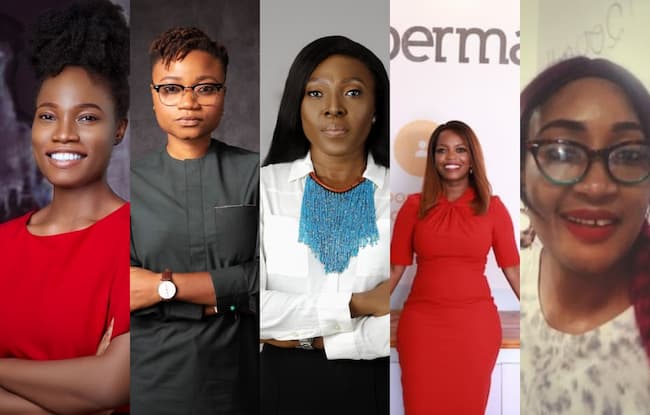The resilience of women who are shaping decisions, speaking up against inequalities and gender stereotypes is being tested in a year defined by a global pandemic. Regardless, the achievements of these women are evident in the ways they are creating an inclusive world.
The theme of this year’s International Women’s Day, #ChooseToChallenge, is a call to action for everyone to accelerate gender parity.
BizWatch Nigeria celebrates five African women who in their leading roles, are taking a stand against women exclusion, fighting socio-economic barriers, pushing for equal benefits and bridging gender pay gap.
These forward-thinking women bare their hearts on the challenges women face in the society and explain their roles in changing the narrative and inspiring other women.
Challenge The Status Quo
As the head of Eastern Operations at Kobo360, Nkiru Amadi-Emina, has to prove her competence at every opportunity in order to consistently challenge the status quo.
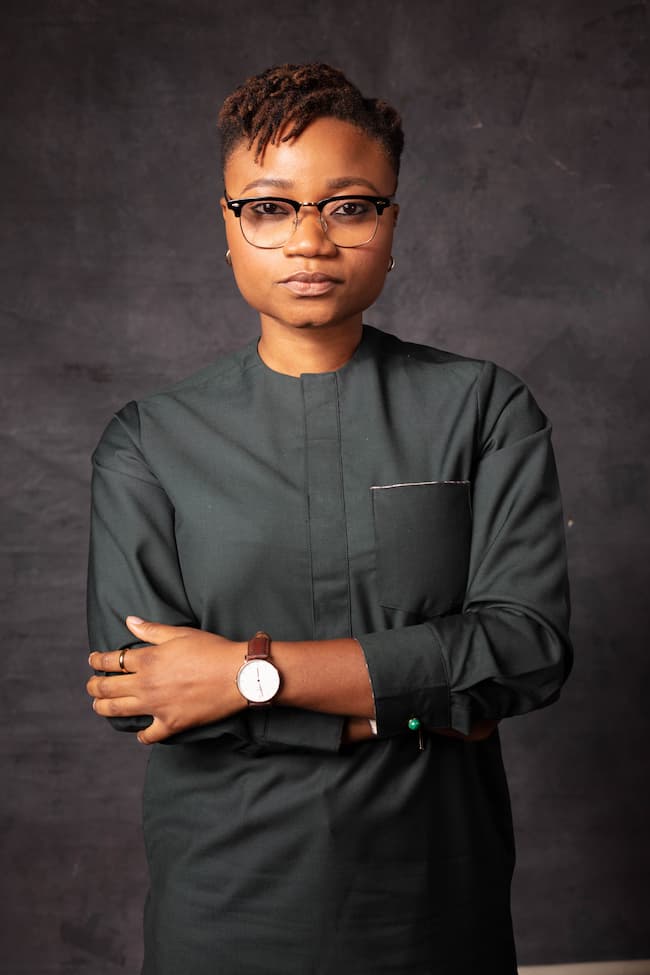
She has been able to do this through regular training to upgrade her skills and show her colleagues that she is not just a woman but a qualified operation expert.
Amadi-Emina points that out a male-dominated industry can be challenging for women as they need to work extra hard to prove their competence, most especially if they desire to rise up to leadership positions.
She says, “Women sometimes can feel excluded because of the undue pressure mounted on them to be successful in male dominated industries.
“There is also an unconscious bias which many people don’t realise is present. Women face a unique set of challenges as it can be assumed that certain positions are given based on gender and not merit,” Amadi-Emina adds.
“I make an effort to build an inclusive workplace and be a role model to younger women within my team at Kobo360 by creating a culture that fully engages and supports all employees.”
Closing Gender Gap Is A Priority
Judith Ugwu, the Training and Acculturation Manager at Konga, says despite significant progress made to achieve gender equality, women are still underrepresented.
She says, “In as much as it seems that the world is progressing or has moved on when it comes to gender equality or a better life for women, women are still subject to certain realities, we still have a long way to go. I think women are still underrepresented.”
Ugwu notes that for women of childbearing age in particular face challenges getting hired after maternity.
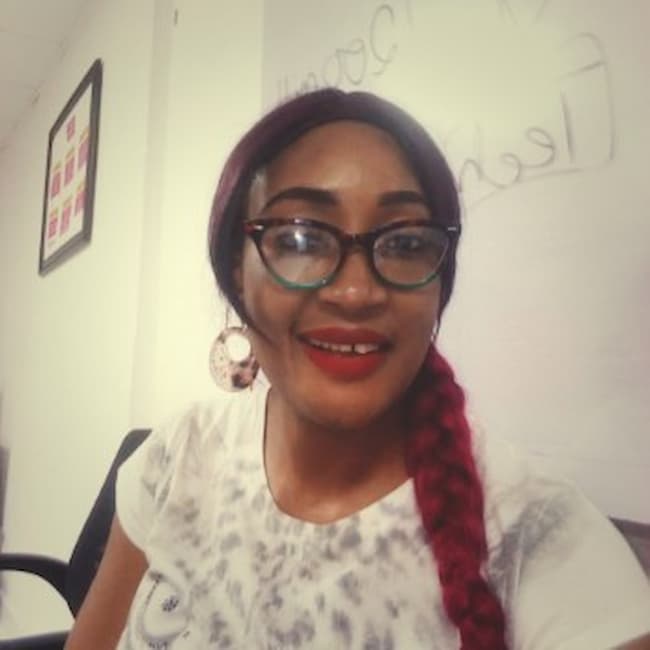
“When women take longer leaves days (e.g maternity), some have a much harder time to get rehired, carried along, or blend with current business decisions of that organization,” she says.
She adds, “This sometimes leads to redundancy or outright loss of scarce talent. I believe that there should be a way to close such gaps.
“The goal is to reduce gender gaps and to achieve political, economic, and social gender equality.”
Societal, Economic Impact Of Gender Inequality Is Damaging
Rolake Rosiji speaks out about the many issues that affect women in the workplace and as the Chief Executive Officer at Jobberman, she also takes action.
“It is vital that people in general speak up against gender inequality. The societal and economic impact of this is also extremely damaging and really holds Nigeria back from progressing,” Rosiji says.
“Fortunately, my role involves analysing the jobs market to provide the job seekers on our platform the best tools to enter the workplace.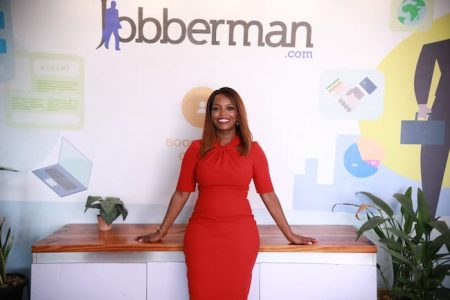
“This includes soft skills training which helps with negotiating salaries and contracts, effective communication skills and so on.”
At the helm of affairs at Jobberman, Rosiji strives to achieve a more transparent and democratic jobs market, where there is equal opportunity to apply for roles and people are hired based on their skills.
Speak Up, Ask, and Ask Again
In order to address gender parity in the workplace, the Head of Sales Middle East and Africa at Facebook, Jane Egerton-Idehen, says collective effort of organizations, governments, policy makers, civil societies and individual contributions are required.
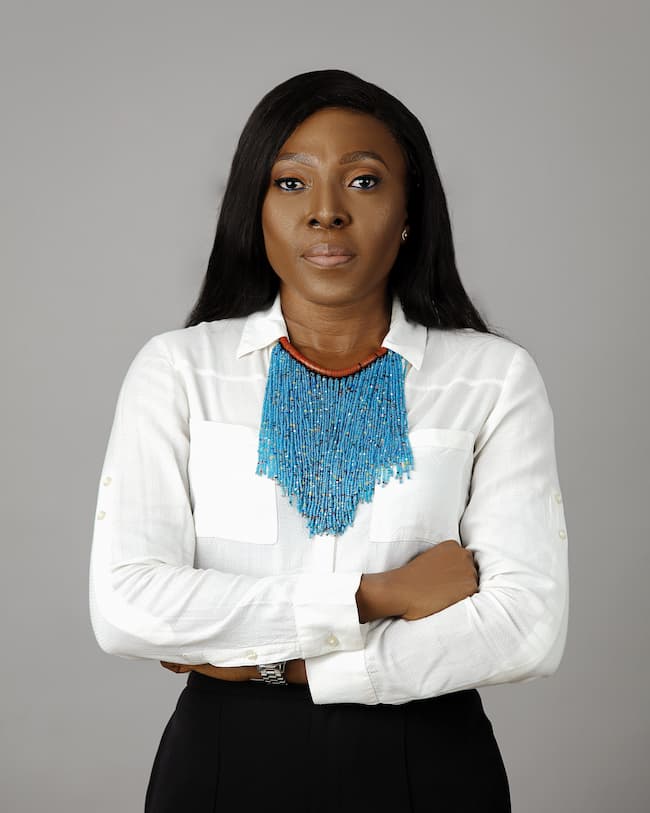
She does her part by writing articles and speaking on issues affecting women; sharing her experiences and that of fellow women and proferring solutions.
“We all need to challenge and call out gender bias and inequality,” she adds.
She points out that organizations can be part of the solution by ensuring flexibility at work, as necessitated by the coronavirus pandemic, in order to support women who take up multiple roles as mothers, wife and care givers.
Egerton-Idehen says, “They should have an agenda to create an inclusive workforce and this should be sponsored from the top.
“Hiring managers and staff should be trained on topics like unconscious bias so they can spot them and address them when it arises.”
She advises women to be in the driver seat for their career aspirations and not leave it to their organization, bosses or others.
“The reality is that bias in corporate organizations is not something we can totally eradicate in a lifetime,” she adds
Egerton-Idehen says, “I will recommend you “Speak Up, Ask, and Ask Again”. I have learned that you mostly get what you ask for in life, so you must also apply this lesson to your career.”
Aspiring For Leadership Roles Is A Win
The Chief Executive Officer of Ventures Park, Nkechi Oguchi, does her best to help people be more conscious of how gender stereotypes s in their lives and take decisions to break it down.
Within her team, she encourages women to be seen by prompting them to get active and to aspire to more prominent roles and tasks.
“Gender stereotypes are everywhere in society. There is an expectation for how a woman should behave and the roles she should be allowed to aspire to. Anything that deviates from this sets off alarms in people’s minds,” Oguchi says.
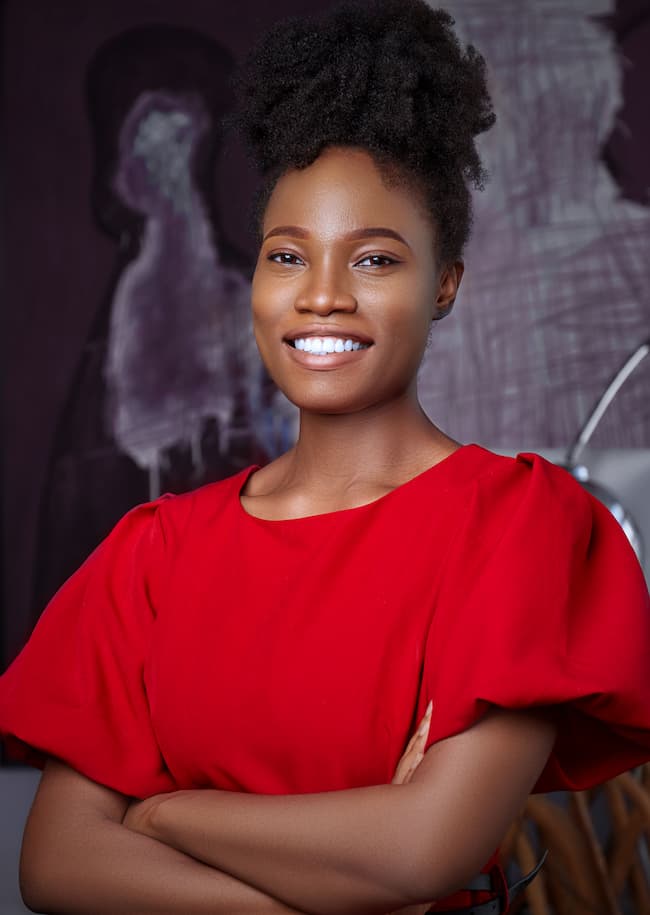
“In my own life, I see myself as an embodiment of a deviant to this stereotype. Being a CEO in a male-dominated industry, I see it as my responsibility to conduct myself in a way that allows people to understand that women can take on traditionally male designed roles and be great at it.”
She observes that a lot of women don’t even think they are allowed to dream big, and encouraged that to have a mental model of the woman they want to be and then look for forms or echoes of her in the society.
“Just aspiring to these roles is already a win,” Oguchi says.
She adds, “For example, I am deeply inspired by Dr. Ngozi Okonjo Iweala, Dr. Ola Brown, Sheryl Sandberg, Ava Duvernay and Mellody Hobson. I look to their lives as reminders that I too can achieve greatness.
“It is also important to surround yourself with people who help reinforce the belief you have in yourself to achieve great things. This is from the partnerships you form, the friends you choose and the spouse you marry.”









